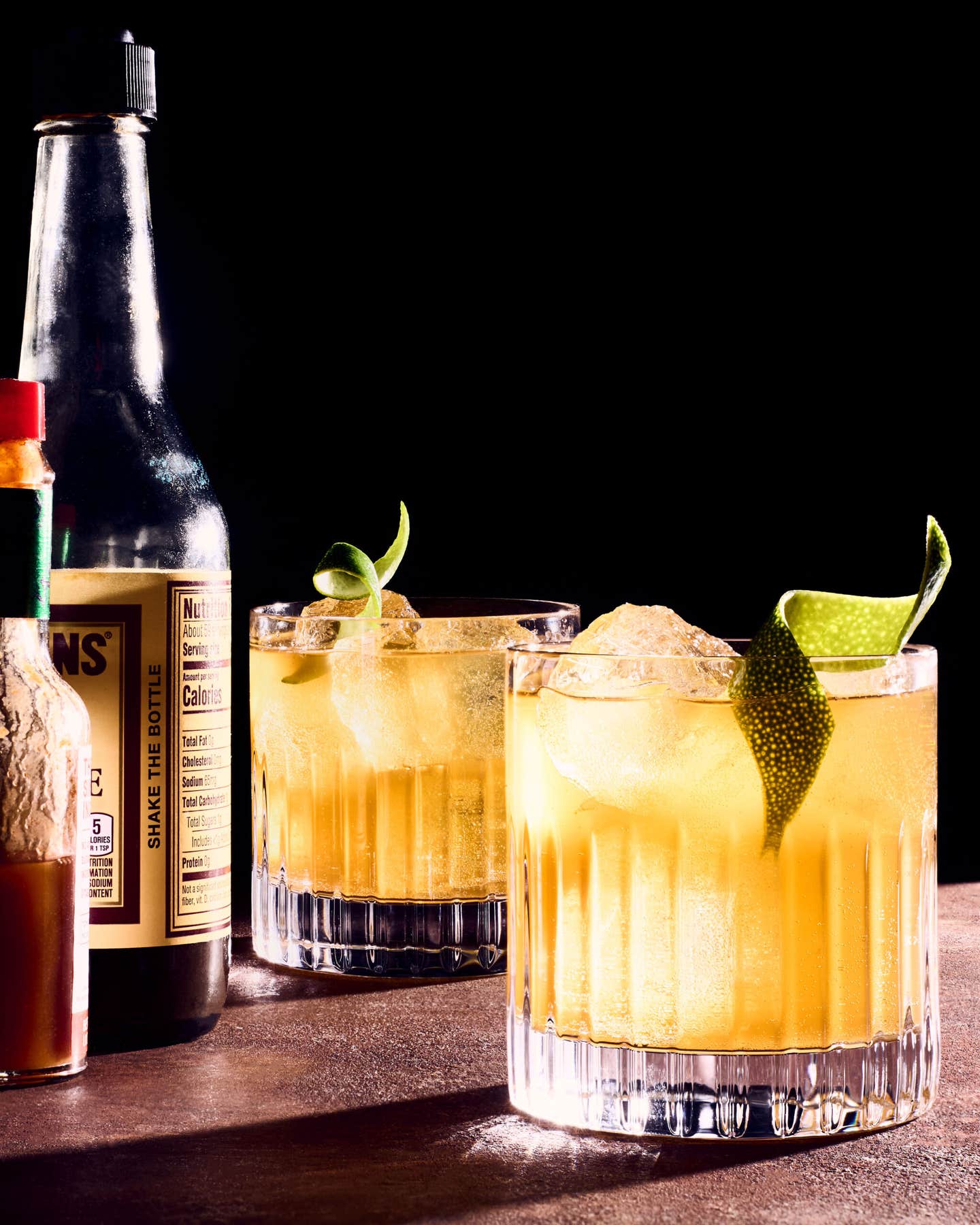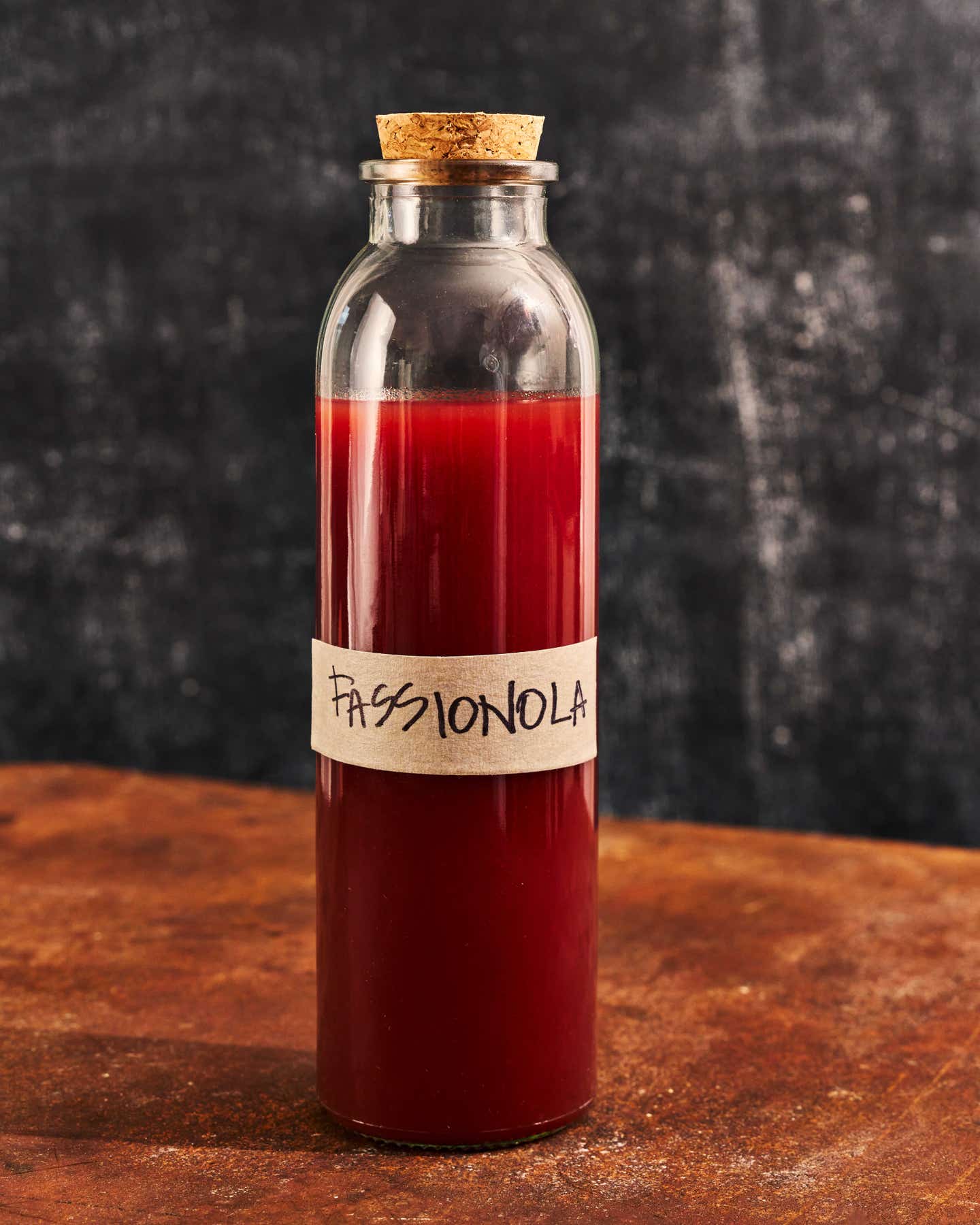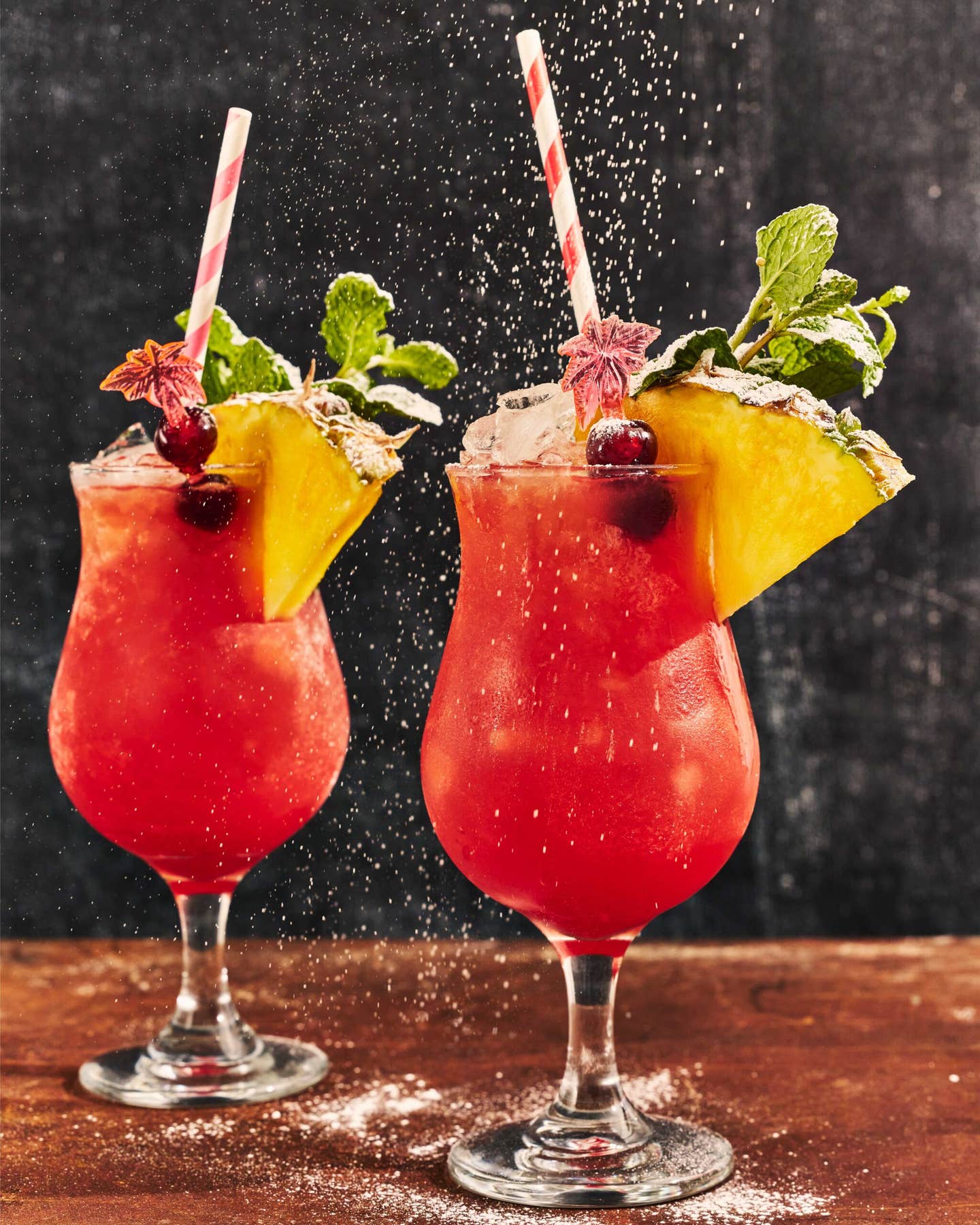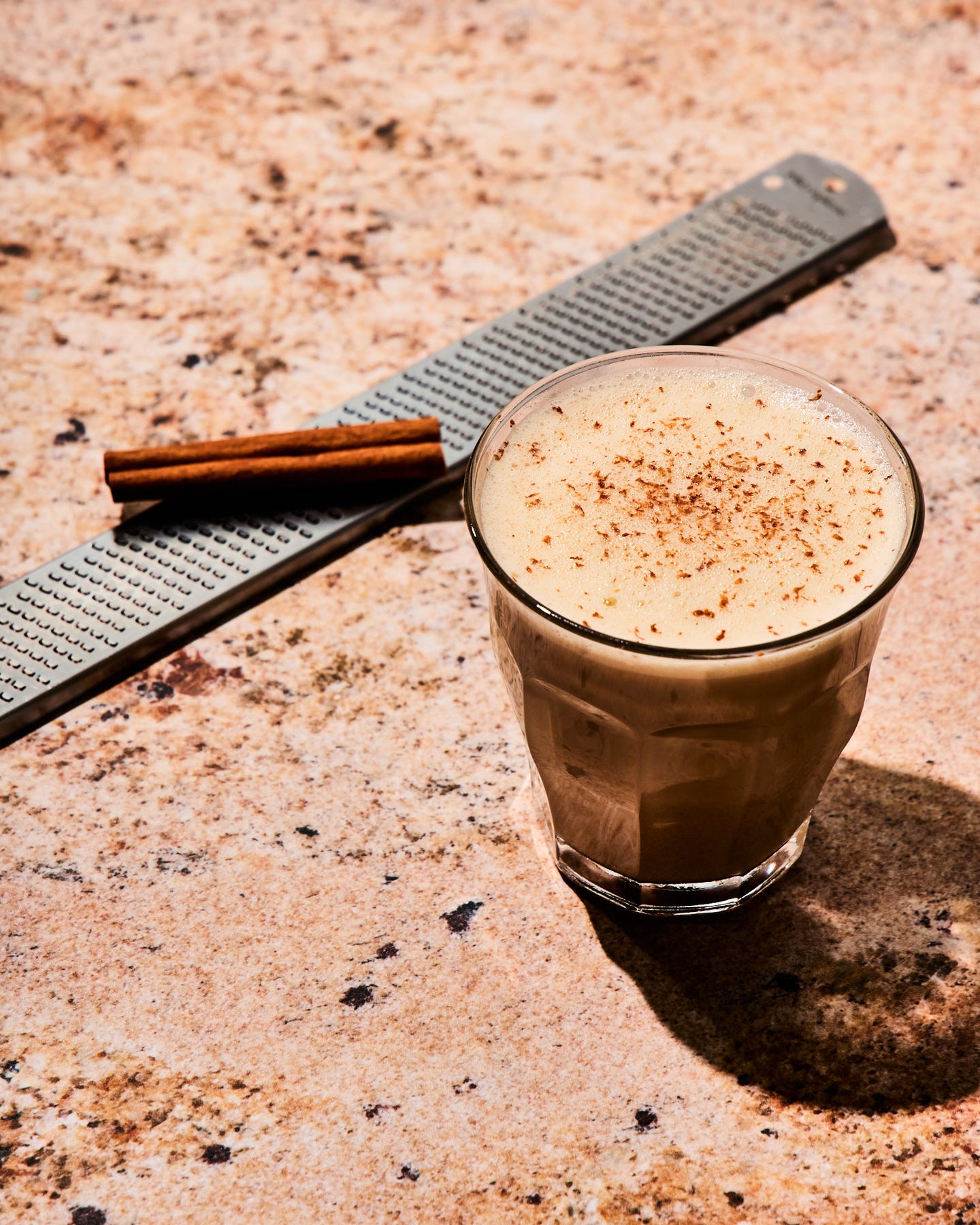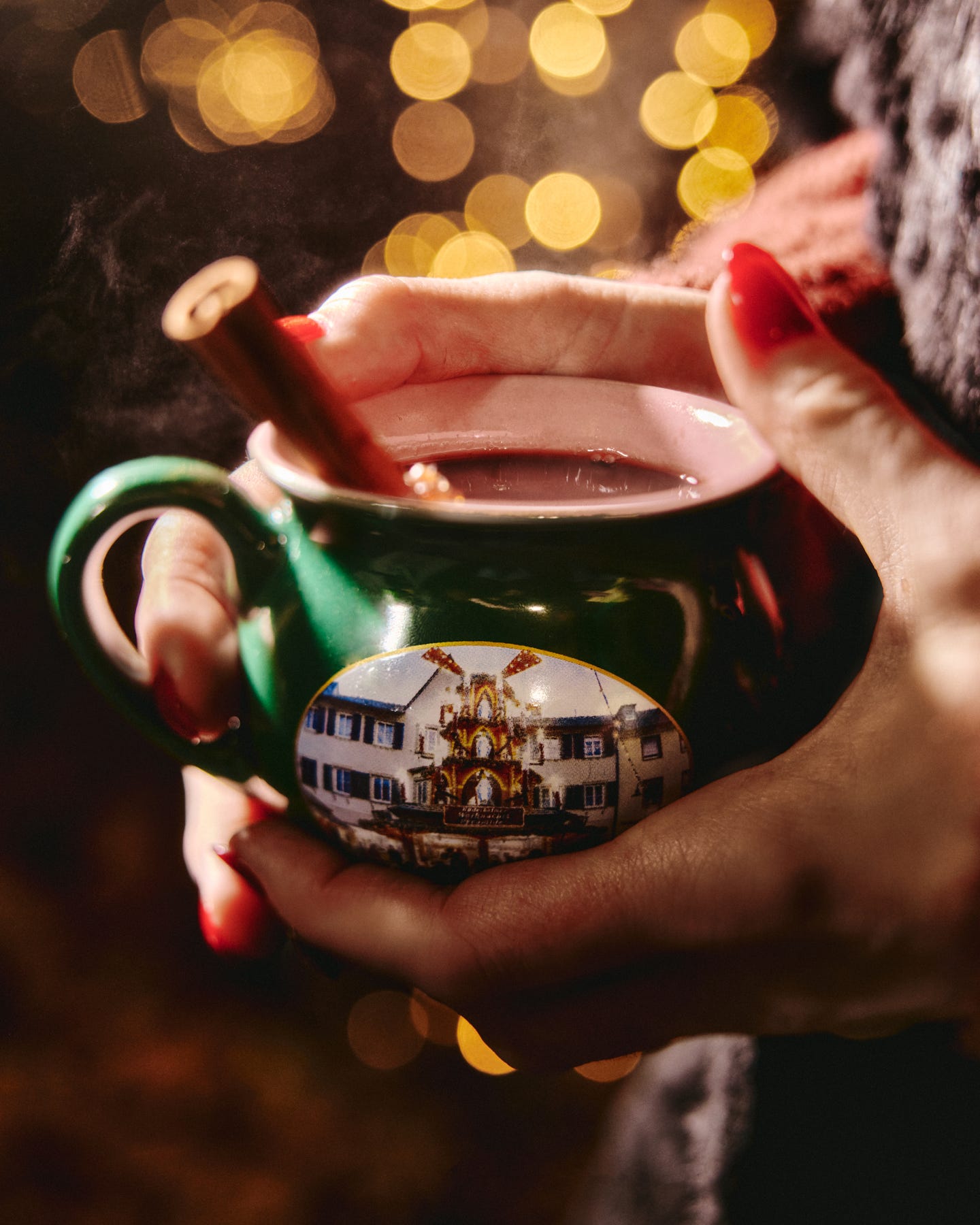
The History of Coffee, Part I
Creation Myth (c. 600 CE) Kaldi, an Ethiopian goatherd, is puzzled by his hyperactive goats; they are eating leaves and berries from a strange tree with glossy green leaves. Coffee is discovered. Cultivation soon spreads to Yemen.
c. 900 Arab physician Rhazes first mentions coffee in print, as a medicine.
c. 1400 In elaborate ceremony, Ethiopians roast, grind, and brew coffee beans. Coffee as we know it is born.
1475 Kiva Han, the world's first coffeehouse, is opened in Constantinople.
1511 Khair-Beg, governor of Mecca, bans coffeehouses when seditious verses are written about him there. The ban is reversed by Cairo sultan.
1538 Ottoman Turks occupy Yemen and parboil coffee beans (to render them infertile and maintain their monopoly) and export them from Mocha, hence coffee's nickname "mocha."
c. 1600 Pressured by advisors to condemn infidel coffee (imported through Venice), Pope Clement VIII instead blesses it.
1616 Dutch pirates spirit away coffee trees to a greenhouse in Holland. Around the same time Baba Budan smuggles fertile seeds to Mysore in India.
1650 A Lebanese named Jacobs opens first European coffeehouse at Oxford University, England. Over the next half century, coffee takes Europe by storm; coffeehouses are called "penny universities."
1658 The Dutch plant and cultivate coffee in Ceylon, later in Java and Sumatra, ultimately giving coffee the nickname "java."
1669 The Turkish ambassador to Paris, Soliman Aga, introduces coffee at sumptuous parties.
1674 In London, the Women's Petition Against Coffee claims that coffee renders their men impotent; men counter that coffee adds "spiritualescency to the Sperme." The following year, King Charles II fails in his attempt to ban coffeehouses.
1683 After their failed siege of Vienna, the Turks flee, leaving coffee beans behind. Franz George Kolschitzky uses the beans to open a cafe, where he filters coffee and adds milk.
1689 Cafe de Procope is opened in Paris opposite Comedie Francaise.
1710 Instead of boiling it, the French pour hot water through grounds in cloth bag for the first infusion brewing.
1723 Gabriel Mathieu de Clieu brings a coffee tree to Martinique; most of the coffee in Latin America descends from this tree.
1727 Francisco de Melho Palheta seduces the governor's wife in French Guiana; she gives him ripe coffee cherries to take back to Brazil.
1732 Johann Sebastian Bach writes the Coffee Cantata, in which a rebellious daughter demands her coffee.
1773 During the Boston Tea Party, rebellious American colonists throw British tea imports overboard; coffee drinking becomes a patriotic act.
1781 Frederick the Great forbids most Prussian coffee roasting, saying, "My people must drink beer."
1791 A slave revolt on San Domingo (Haiti) destroys coffee plantations, where half the world's coffee had been grown.
For the rest of the story, see The History of Coffee, Part II
Keep Reading
Continue to Next Story
